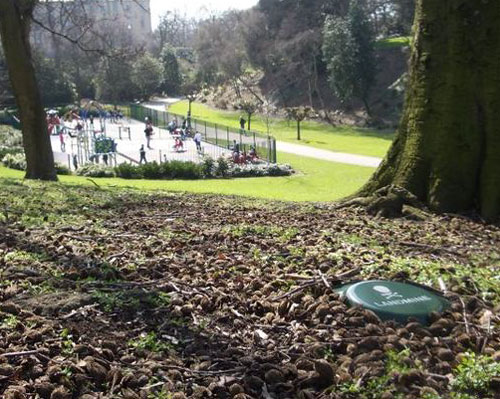You might be excused for getting the impression that the US military is struggling to understand how they should be using Internet technology. On the one hand they recently began an effort to control what their soldiers are posting online (War blogs silenced) and now they have blocked access to sites such as YouTube and Myspace.
The reason for this? Bandwidth.
The US says the use is taking up too much bandwidth and slows down the military’s computer system.
But a US Strategic Command spokesman said a “secondary benefit” was to help operational security.
At the same time the military have realised the potential impact of sites such as YouTube and have started putting material online.
The Pentagon only recently started posting its own videos on YouTube, showing soldiers in action in Iraq in a move designed to reach out to a younger audience and to show the successes of the US military. (More on this over here).
But the best quote in this BBC article is the honest: “The cyberspace battle space was not one that we were particularly operating well in” Lt Col Christopher Garver, US Army.
Yes… we have noticed…
Lex Ferenda has more including the order (AP report | full text of order) and a increased list of blocked sites:
â??To maximize the availability of DoD network resources for official government usage, the Commander, JTF-GNO, with the approval of the Department of Defense, will block worldwide access to the following internet sites beginning on or about 14 May 2007.â??
www.youtube.com
www.1.fm
www.pandora.com
www.photobucket.com
www.myspace.com
www.live365.com
www.hi5.com
www.metacafe.com
www.mtv.com
www.ifilm.com
www.blackplanet.com
www.stupidvideos.com
www.filecabi.com



